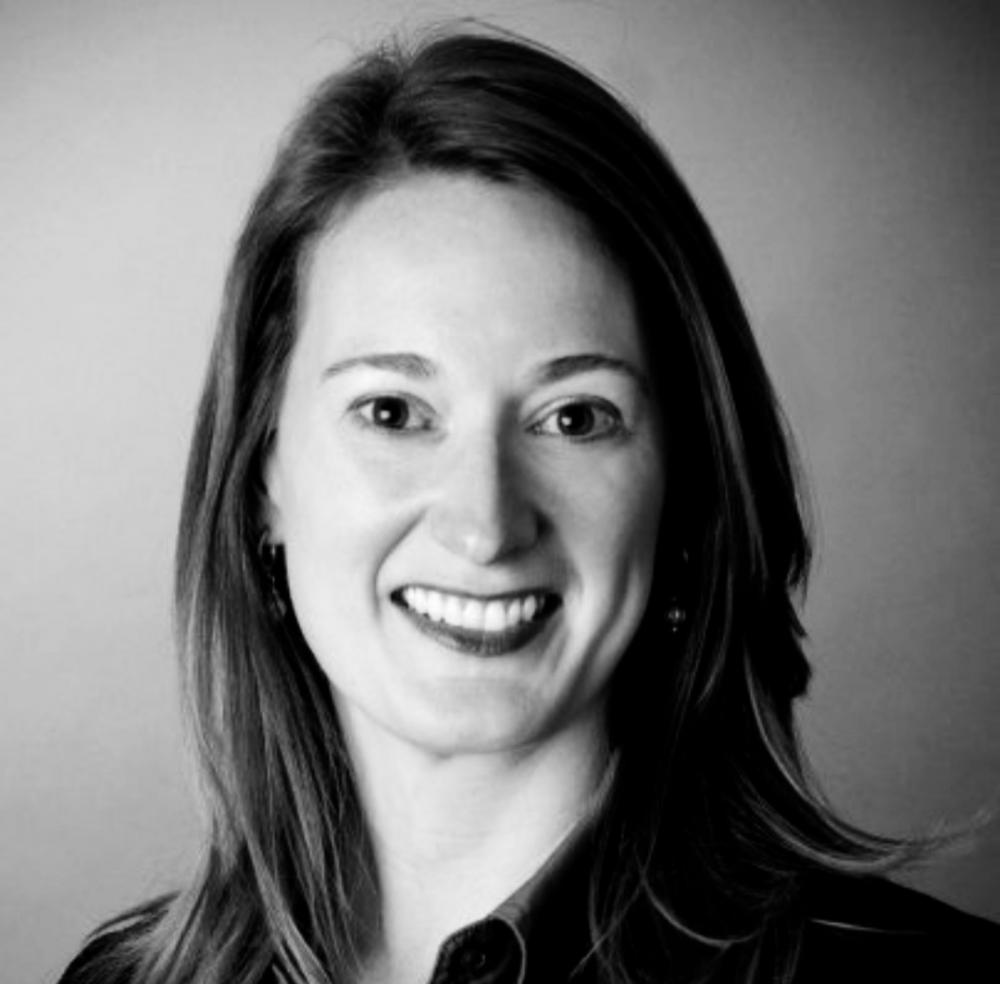
Everyone is scared and exhausted right now. But imagine, though, if your reality was scary and exhausting before this pandemic even surfaced in the U.S. Millions of people in this country live in communities that are already facing monumental environmental justice challenges on a day-to-day basis, including poor air quality, unsafe drinking water, pollution and job insecurity. All of these make COVID-19 a more serious proposition even than for the rest of us, but one that should concern everyone.
We all should be washing our hands often for at least 20 seconds. But what if the water from your tap is unsafe or unreliable? Stock up on food? It’s hard when you live in a food desert (half a mile from the nearest supermarket in an urban area or 10 miles in a rural area), as is the case in many low-income communities.
As America’s companies recalibrate during this crisis and attempt to sort out where they can target their resources, volunteers and donations, they have plenty of options to not only assist, but in the long term, help rebuild.
Retailers: Start focusing on food deserts
Many neighborhoods that are a stark reminder of the need for environmental justice are also bereft of stores that sell healthy food.
According to the U.S. Department of Agriculture, nearly 18 percent of Americans live in a food desert—that’s 54.4 million people. Buying a lot of food at once is hard when you struggle to pay the bills. And many people in these communities likely hold jobs in the service industry that have been cut as restaurants shutter to protect our health.
No longer receiving a paycheck or nightly tips could mean some very stark realities for people trying to stay healthy and feed their families. With schools closed, and with them many local school lunch programs, many parents may face going hungry themselves to feed their children.
As retailers scramble to hire more workers, it’s important to remember that they are also generating more profits – hence doing their part to take on these food deserts and assist families vulnerable to food security could help gain these companies more goodwill in the long run.
Environmental justice isn't possible without better air quality for all
Tied directly to the threat of COVID-19 on low-income neighborhoods and communities of color is that poor air quality disproportionately affects their residents. Poor air quality is a driver for chronic respiratory problems, cancer and heart disease, all of which are conditions that place someone in the vulnerable category for the virus. Lack of access to healthy food increases the risk of diabetes, another condition at the top of the list for vulnerability to COVID-19. African Americans, for example, are three times more likely to die from asthma-related causes than whites. And race is the best predictor for determining whether you live in a polluted area.
One low-income area in the South Bronx of New York City is nicknamed Asthma Alley for having some of the worst air pollution in the country. This is especially troubling as New York City has almost 18,000 people who have tested positive for COVID-19, as of press time. The people in these communities were vulnerable to pollution-related diseases before this pandemic, and now they are the most at-risk.
Pharmaceutical and healthcare companies are among the industries that can help pursue environmental justice for all. In the long term, it would behoove them and other sectors to support legislation that would ensure clean air quality for all citizens.
This pandemic has made social equity more difficult to achieve
It’s not just New York. Cities around the country have let down low-income communities and communities of color for decades when it comes to ensuring health and social equity. One ZIP code in Detroit, which has the nation's largest proportion of black residents at 71 percent, has devastating air quality and severe water quality issues. Some rural areas also suffer from poor air and water quality. For example, areas surrounding oil and gas operations or fuel refineries are saddled with a low cost of real estate for obvious reasons.
It is too early to tell what effects demographics or poor air quality will have on COVID-19, but the conditions that many people live in have led to inferior health, which puts them in the crosshairs of the deadly virus. Exposure to pollution is a long-standing problem that has never been adequately addressed, but the current blatant disregard of science and the lack of honest, accurate, science-based communications will only make this public health and environmental justice crisis worse.
This pandemic is a wake-up call for not only every business, but also for every person on this planet to think about things differently. Once we’re all back to work and emissions start rising again, we should be laser-focused on protecting the most vulnerable among us.
Truthfully, we should have already started.
Image credit: Pixabay

Kate is a writer and policy wonk, with a focus on water, clean energy, climate change and environmental security. She spent over a decade running energy-water nexus and energy efficiency programs at Environmental Defense Fund as well as time at the U.S. Departments of Energy and Defense, U.S. Government Accountability Office, and state and federal legislatures. She serves as an Advisory Board member of CleanTX, which aims to accelerate the growth of the clean tech industry in Texas.














